NEGEL Workshop @ TheWebConf 2025
The Workshop on Non-Euclidean Foundation Models and Geometric Learning (NEGEL) will take place at TheWebConf 2025 in Sydney, Australia, from April 28–May 2, 2025. We invite you to join discussions on Non-Euclidean representation learning and geometric deep learning, and large foundation models, alongside web-related applications!
The primary objective of the NEGEL workshop at TheWebConf 2025 is to create a collaborative platform for researchers, industry professionals, and academics from diverse fields. These include non-Euclidean representation learning, geometric deep learning, and large foundation models, as well as web-related applications such as recommender systems, social network analysis, web knowledge graphs, search systems, information retrieval, and multi-modal web content understanding. The workshop aims to foster knowledge sharing, idea exchange, and discussions on the latest advancements and challenges in these domains.
Join our Slack channel for more discussions and updates about the workshop!
Important Dates
- 2025-02-01: Paper submission deadline(Extended)
- 2025-02-03: Author notification (Extended)
- 2025-02-07: Camera-ready submission
- 2025-04-29: Workshop at TheWebConf 2025 (Whole-day session)
- Submission site: https://openreview.net/group?id=ACM.org/TheWebConf/2025/Workshop/NEGEL
- Venue: International Convention & Exhibition Centre (ICC), Sydney, Australia
- Timezone: Anywhere On Earth (UTC-12)
Program Highlights
- Interactive Poster Sessions: Two dynamic sessions to present and discuss the latest research in Geometric Learning, non-Euclidean representation learning and foundation models, along with web-related applications
- Contributed Talks: Selected high-quality papers presented in two dedicated slots, with approximately 4 papers chosen for oral presentations
- Panel Discussion: “FM & Geometric Non-Euclidean Learning” exploring future directions and challenges in combining foundation models (e.g., LLMs) with non-Euclidean approaches
- Networking Opportunities:
- Research matchmaking during coffee breaks
- Informal discussions during lunch
- Breakout discussion sessions
- Opening ice-breaking activities
- Awards:
- Best Paper Award for exceptional contributions
- Best Poster Presentation Award for effective presentation and engagement
- Travel awards to support students and authors needing financial assistance
Call for Papers
We welcome submissions on the following topics (but not limited to):
-
New Large Language/Foundation Models with Geometries: Develop new architectures and algorithms integrating Large Language/Foundation Models (e.g., LLMs, ViTs, and multi-modal models) with geometric and non-Euclidean learning, enhancing their capability to handle non-Euclidean structures, complex relationships understanding, and complex reasoning abilities.
-
Large Language/Foundation Models Adaptation with Geometries: Present methodologies for extending and adapting large foundation/language models through geometric guidances. Key areas include geometric fine-tuning strategies, manifold-aware continual learning, and techniques for preserving geometric structure during model adaptation. Special interest in GraphRAG implementations that leverage geometric structures for knowledge retrieval and generation, as well as geometric approaches to agent architectures.
-
Theoretical Studies: Investigate fundamental principles of geometric and non-Euclidean space learning, including manifold theory, differential geometry, and non-Euclidean spaces. Topics encompass mathematical properties such as curvature, geodesic distances, parallel transport, and isometric transformations, with particular emphasis on their implications for foundation model architectures and optimization dynamics.
-
Geometric Deep Learning: Advanced methods in geometric learning, including graph neural networks, equivariant models, and message-passing frameworks, with applications to web-specific tasks like structured data representation and multi-modal alignment.
-
Web Applications and Case Studies: Highlight applications in web domains, including social networks, knowledge graphs, search systems, recommender systems, and multi-modal content understanding.
-
Trustworthiness and Robustness: Tackle challenges of fairness, interpretability, adversarial robustness, and privacy in non-Euclidean and geometric models, especially for user-facing web applications.
-
Benchmarks and Evaluation: Propose new datasets, benchmarks, and evaluation protocols, emphasizing scalability and real-world performance on non-Euclidean and geometric models.
Submission site:https://openreview.net/group?id=ACM.org/TheWebConf/2025/Workshop/NEGEL
For submission guidelines, visit the Call for Papers page.
Organizers
The workshop is organized by an international and diverse team of experts in the field:
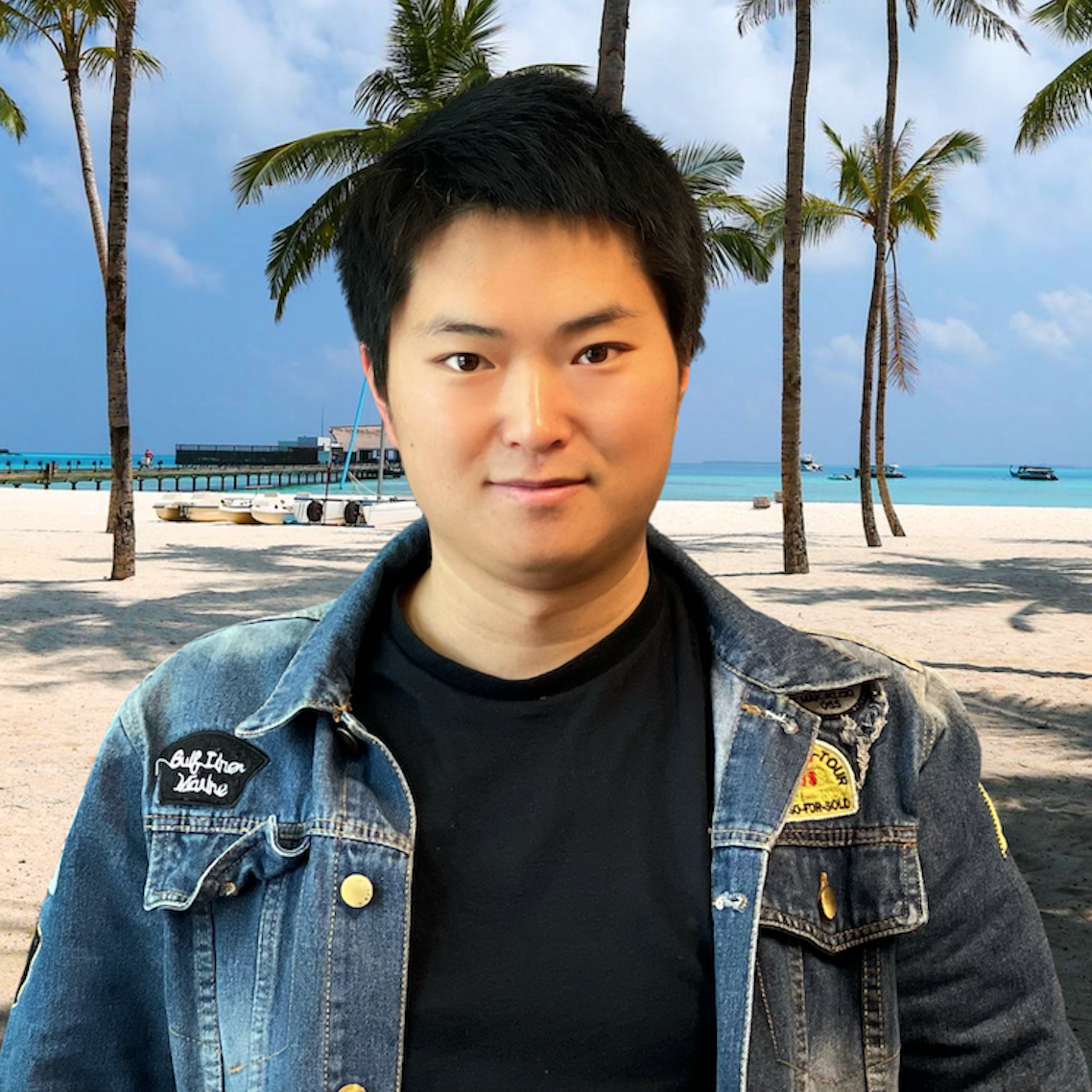 Menglin Yang Yale University/HKUSTGZ |
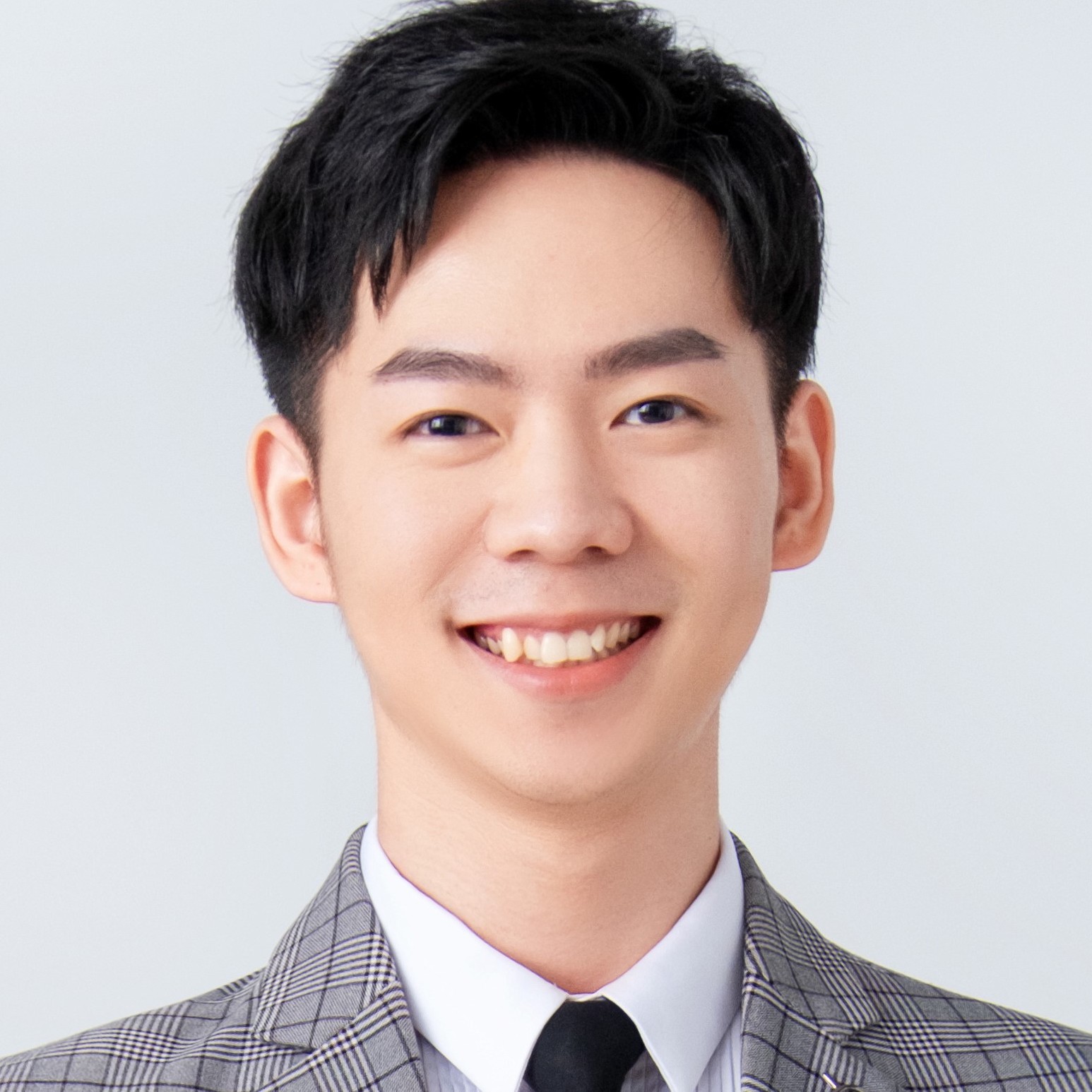 Yifei Zhang NTU |
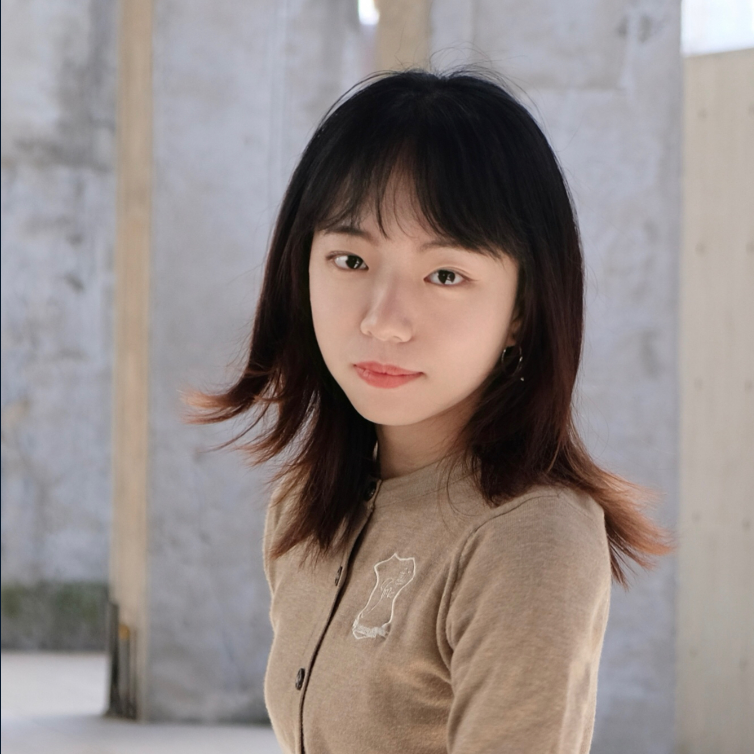 Jialin Chen Yale University |
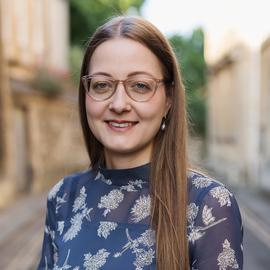 Melanie Weber Harvard University |
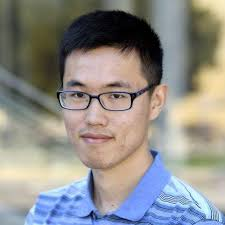 Rex Ying Yale University |
Speakers
The workshop features an international and distinguished lineup of speakers from academia and industry:

Philip S. Yu UIC |
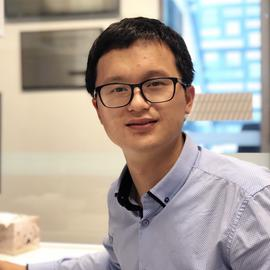
Shirui Pan Griffith University |

Min Zhou Huawei Technologies |

Pascal Mettes UvA |
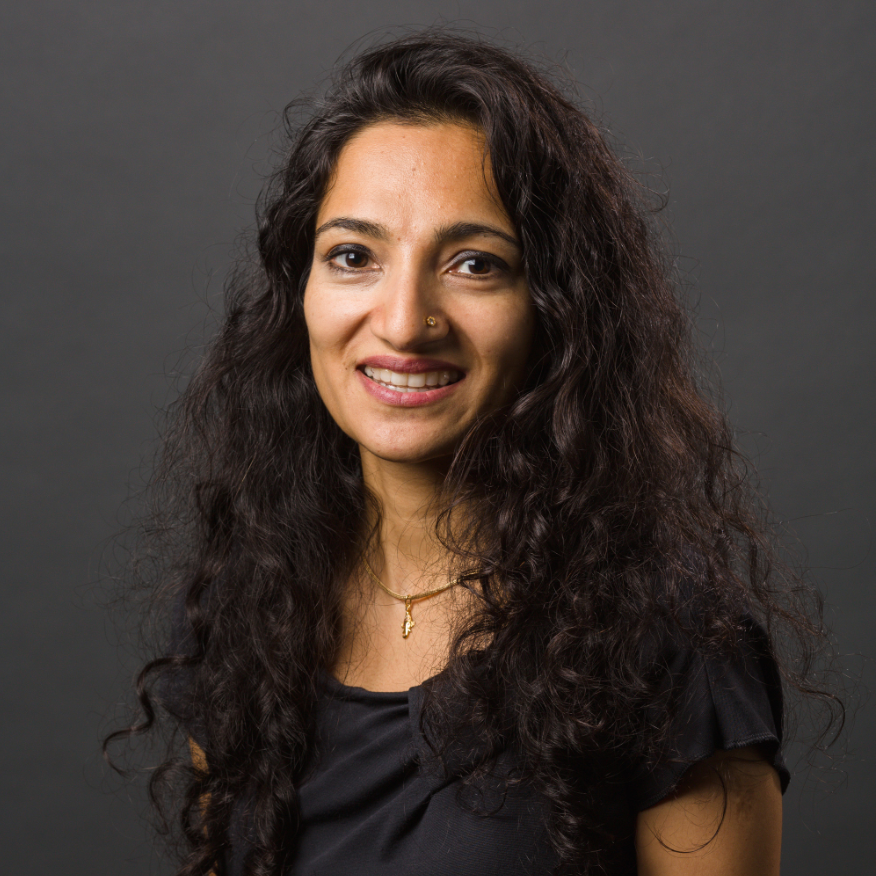
Smita Krishnaswamy Yale University |
Note: We encourage in-person participation, but remote presentations will be available for authors who cannot travel to Sydney.
Accepted Papers
We are pleased to announce the following papers that have been accepted for presentation at NEGEL 2025.
-
GraphiT: Efficient Node Classification on Text-Attributed Graphs with Prompt Optimized LLMs
Shima Khoshraftar, Niaz Abedini, Amir Hajian -
Distributional Robust Optimization-Induced Graph Neural Networks
Hao Zhu -
Understanding the Design Principles of Link Prediction in Directed Settings
Jun Zhai, Muberra Ozmen, Thomas Markovich -
MH-Diff: Muti-scale Hyperbolic Model for Information Diffusion Prediction
Fuxia Guo, Xiaowen Wang, Lanjun Wang -
Hyperbolic Multi-semantic Transition for Next POI Recommendation
Hongliang Qiao, Shanshan Feng, Min Zhou, WenTao Li, Fan LI -
HyperCore: The Core Library for Building Foundational Models in Hyperbolic Space with Comprehensive Modules
Neil He, Menglin Yang, Rex Ying
Workshop Agenda
- 9:00 ~ 9:10, Opening Remarks
- 9:10 ~ 10:00, Keynote: Prof. Shirui Pan (Talk: Boosting Large Language Model Reasoning with Graphs)
- 10:00 ~ 10:50, Keynote: Prof. Philip Yu (Talk: Riemannian Geometric Deep Graph Learning: A New Perspective on Graph Foundation Models)
- 10:50 ~ 11:40, Keynote: Prof. Smita Krishnaswamy (Talk: Learnable Deep Wavelets, Scattering, and Signal Processing on Graphs)
- 11:40 ~ 13:30, Poster Session
- 13:30 ~ 14:20, Keynote: Prof. Pascal Mettes (Talk: Hyperbolic Visual Understanding)
- 14:20 ~ 15:10, Keynote: Dr. Min Zhou (Talk: Enhancing Graph Learning from the Lens of Curvature)
- 15:10 ~ 15:40, Panel Discussion (Featuring: Pascal Mettes, Rex Ying, Menglin Yang)
- 15:40 ~ 17:10, Contributed Talks (12-minute presentation + 3-minute Q&A each)
- 17:10 ~ 17:30, Awards Ceremony (Best Paper & Best Poster)
Feel free to contact us at negel2025@outlook.com. We look forward to your participation in the workshop!